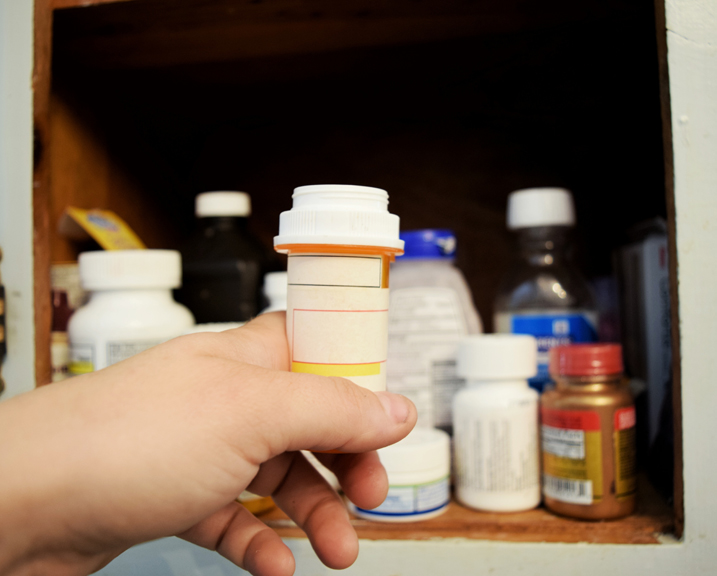- Behavior
- Health
- Parenting
Don’t wait until the teen years to discuss drugs and alcohol

In this article, you’ll find answers to questions like:
1. When to start talks about drugs & alcohol?
2. How to ease tension?
3. Who can help?
When our children are little, concern about drug and alcohol misuse is far from our minds. However, our social media feed is flooded with nightmare stories about teenage binge drinking and overdosing on designer drugs.
That's why experts advise parents to start the conversation early.
1. WHEN TO START TALKS?
“The easiest message to give children of all ages is to model appropriate drinking behavior. For example, have a glass of wine with dinner, not a bottle; have a beer, not a six-pack,” says Jan Cairnes, chief executive officer of the Hanley Foundation in West Palm Beach.
Speaking to children in an age-appropriate manner builds respect. Instead of telling a 6-year-old he is four times more likely to become addicted to alcohol if he drinks before the age of 15, consider explaining that some things are bad for growing brains and bodies.
Partnership to End Addiction, based in New York City, offers ideas for how parents can engage children. For example, tell children to never share medications. Even gummy vitamins can make them sick if they take too many.
2. HOW TO EASE TENSION?
Maintain a close relationship with your child, Cairnes advises. Studies show that parents who insult their children and use physical punishment increase the risk for their child to use drugs and alcohol.
Here’s good news: Most children in our area don’t drink.
“In fact, 75 percent of Palm Beach County youth do not drink,” Cairnes says. “Acknowledging that is a great first step to staying informed.”
3. WHO CAN HELP?
If you think your child is using drugs or alcohol:
• Trust your instincts
• Educate yourself
• Don’t take it personally
• Get professional help
Self-assessment tools are an excellent start for finding help. Mental Health America of the Palm Beaches offers free alcohol or substance-use screening online. Or call the national office at 800-969-6642.
In case of an emergency, and your child appears to be under the influence of a controlled substance, call 911 or go to the emergency room. Immediate medical attention can lower the risk of overdose.
Suspect your child may be using a controlled substance? Call the 211 HelpLine or visit 211palmbeach.org. This free and confidential service directs you to resources and programs.
SOURCES:
• Jan Cairnes, chief executive officer, Hanley Foundation
• Alexa Lee, executive director, Palm Beach County Behavioral Health Coalition
• Kristina Baker, chief executive officer, Mental Health America of the Palm Beaches
You May Also Like
-
- Behavior
- Health
- Parenting
How to help ease your child’s stress in elementary school
Does your kid seem overwhelmed? Start by helping your child identify stressful triggers, such as school situations or homework. Tap here to find out what else you can do. …
Read More -
- Behavior
- Health
- Parenting
How to reassure your child as changes of puberty approach
It’s important to establish their body isn’t shameful, especially their private parts. Maintaining open and non-confrontational conversations is the key to easing even tougher topi …
Read More
Related resources
-
- Behavior
- Health
- Other
Alcoholics Anonymous
Palm Beach County North Intergroup — hotline, meetings and additional support for those struggling with alcoholism and their families, based in West Palm Beach
561-655-5700 Website Email -
- Behavior
- Education
- Parenting
Palm Beach County Behavioral Health Coalition
Local information, events and support for parents and youth to live free of drugs, alcohol and tobacco
561-374-7627 Website Email -
- Behavior
- Health
- Parenting
Partnership to End Addiction
National resource for families struggling with substance use, including their children
Call 855-378-4373 or text a message to 55753 Website Email
